Even with the proliferation of technology such as generative AI in the music industry, violist Toby Deller believes there will always be a strong human need to experience live performance

Discover more Featured Stories like this in The Strad Playing Hub
Read more premium content for subscribers here
At least you can’t hack into my viola,’ I sometimes reflect when I hear about some act of cybercrime. ‘Hack at it with a bow, maybe. But not into it.’ It’s good to remember in this digital age how resilient and productive we can be with our barely mechanical instruments. It’s worth being sanguine too when it comes to generative AI (artificial intelligence), a technological development that sometimes appears to threaten the very foundation of what we do. Who needs musicians when developers boast of machines that can write new music, create new sounds and bring it all to life for anyone who wants it?
There is, however, meaning and value in writing, performing and listening to live music that we shouldn’t resign ourselves to abandoning. Indeed, it is precisely because we now spend so much of our lives in front of screens that we might be all the more responsive to these qualities.
We see it elsewhere in an enthusiasm for locally made food and artisan handicrafts (preferably using sustainable materials). These are indicative of a rebalancing of consumer priorities, and a wider social context within which an appreciation for music can flourish. Live culture involving the kind of purposeful, communal activities that an excessively digital life risks suppressing has the potential to help promote wider economic renewal too. It certainly has a role to play as a focal point of civic life in the regeneration of towns, cities and regions.
It’s easy to forget that musical performances are produced by individual musicians, playing in a certain place at a certain time. We play by choice and in search of joy and fulfilment rather than arbitrarily and on command, making substantial commitments in terms of learning, labour, emotion and time. Weary of a life conditioned by algorithms – in which we are constantly distracted; relying on apps to communicate with one another; mistrusting the reliability of the information presented to us; sceptical of people’s intention towards us, as well as sceptical as to whether they are people at all – we can find inspiration in such examples of honest, uncynical endeavour.
We play by choice rather than arbitrarily and on command
By way of example, look at the growing popularity in the orchestral world of live-to-film concerts, where blockbuster movies get the full symphonic treatment and a new theatrical lease of life. There is a palpable sense that the cinematic experience is enhanced by substituting live music for the disembodied soundtrack. I myself can clearly recall seeing a man in his office suit on his feet applauding while surreptitiously wiping away tears after a showing of Steven Spielberg’s E.T. the Extra-Terrestrial to which I had just played along. John Williams’s score reaches its fullest bloom at the film’s climax; the addition of a live orchestra sweeps people irresistibly away.
While there will surely be parts of the music industry where AI-generated music comes to dominate, there are likely to be new opportunities for people too, just as those movie soundtracks provided a new form of employment for composers and players of earlier eras. They may, of course, require us to adapt our expectations and working methods, developing skills we can use alongside our artistic expertise. But we will still need that expertise. Meanwhile, those of us who work in the music profession face more pressing challenges, shared with other sectors of the population, such as the availability and affordability of housing, or indeed the potential negative effects of AI in other areas of our lives. These are challenges that can only be tackled by society as a whole. What we alone can do, however, is renew our belief in what we do, rededicate ourselves to it and persevere, each in our own way. We may even find our bowing improves, too.
Read: Analysis July 2023: Artificial intelligence in music education
Read: Watch: New violin-playing robot specialises in Indian music
Discover more Featured Stories like this in The Strad Playing Hub
Read more premium content for subscribers here
The number one source for playing and teaching books, guides, CDs, calendars and back issues of the magazine.
In The Best of Technique you’ll discover the top playing tips of the world’s leading string players and teachers. It’s packed full of exercises for students, plus examples from the standard repertoire to show you how to integrate the technique into your playing.
The Strad’s Masterclass series brings together the finest string players with some of the greatest string works ever written. Always one of our most popular sections, Masterclass has been an invaluable aid to aspiring soloists, chamber musicians and string teachers since the 1990s.
The Canada Council of the Arts’ Musical Instrument Bank is 40 years old in 2025. This year’s calendar celebrates some its treasures, including four instruments by Antonio Stradivari and priceless works by Montagnana, Gagliano, Pressenda and David Tecchler.

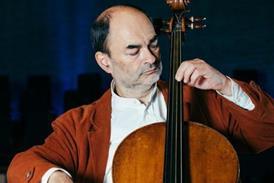
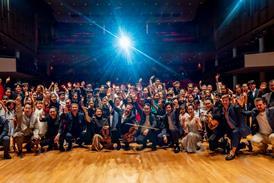
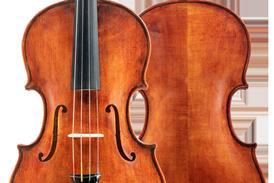





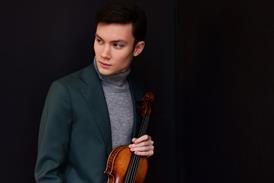
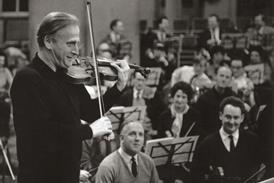



























No comments yet